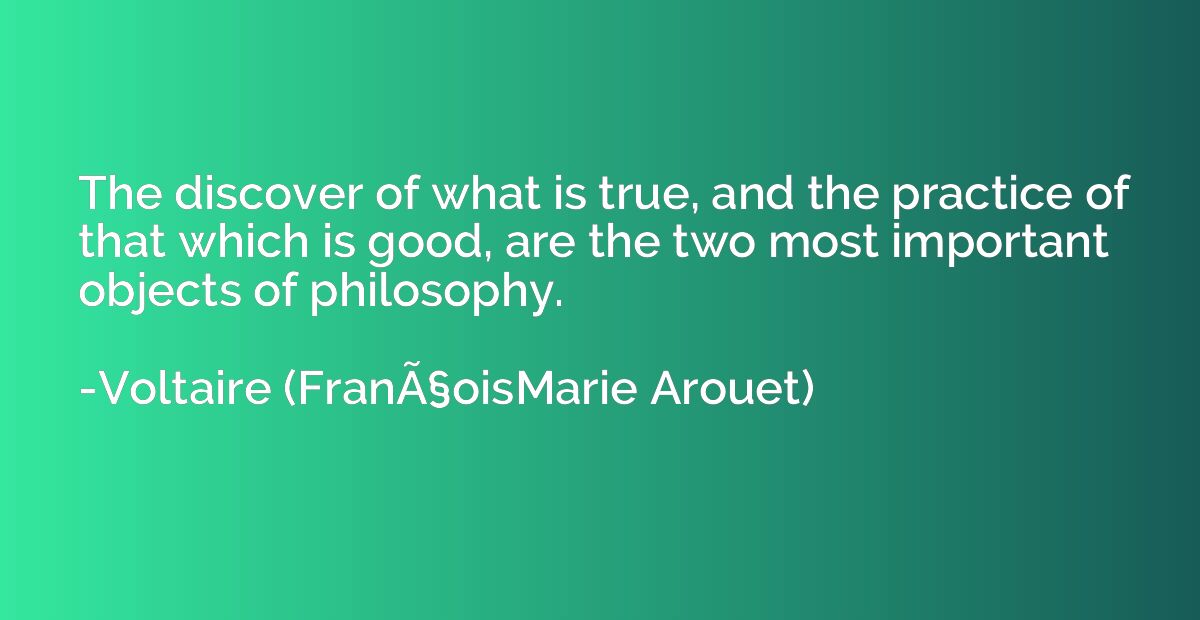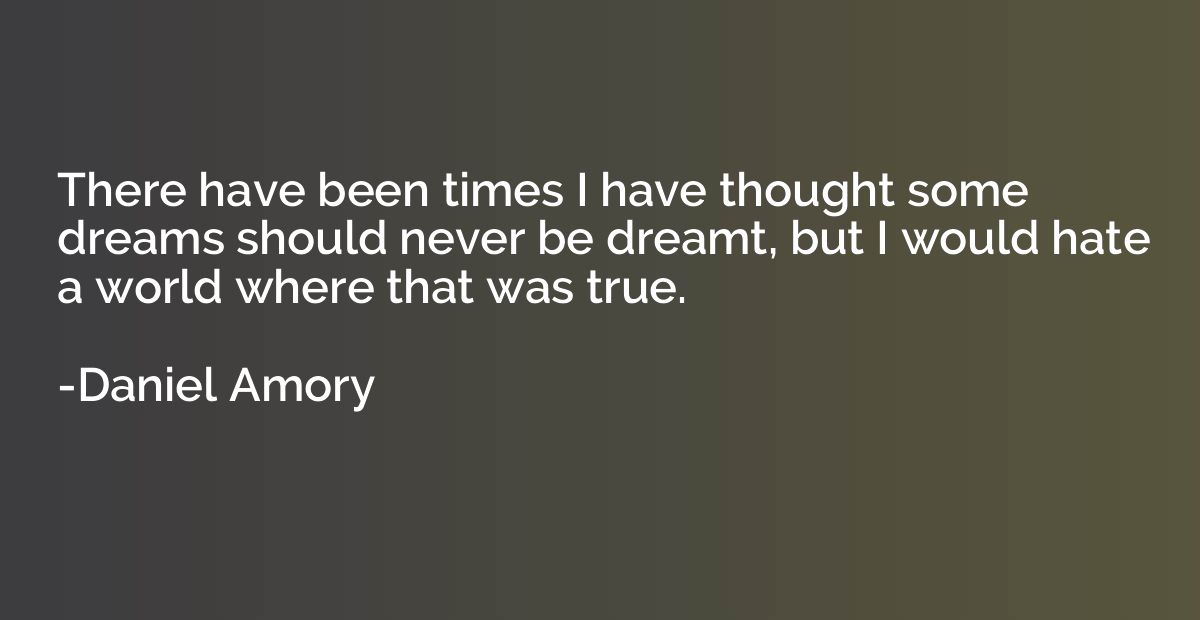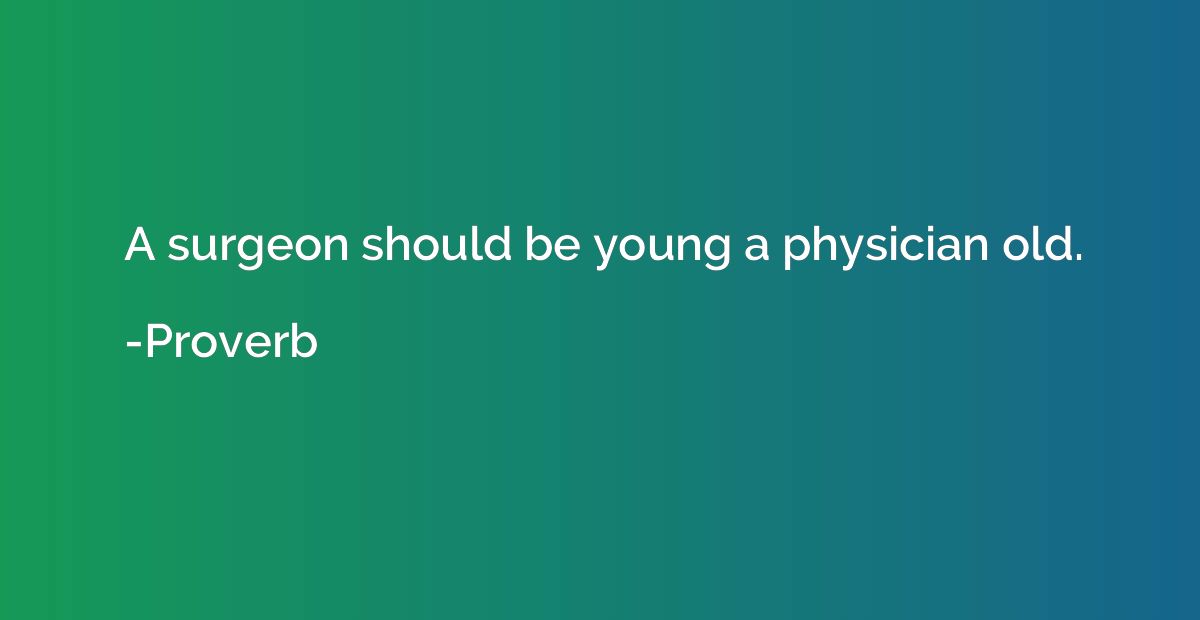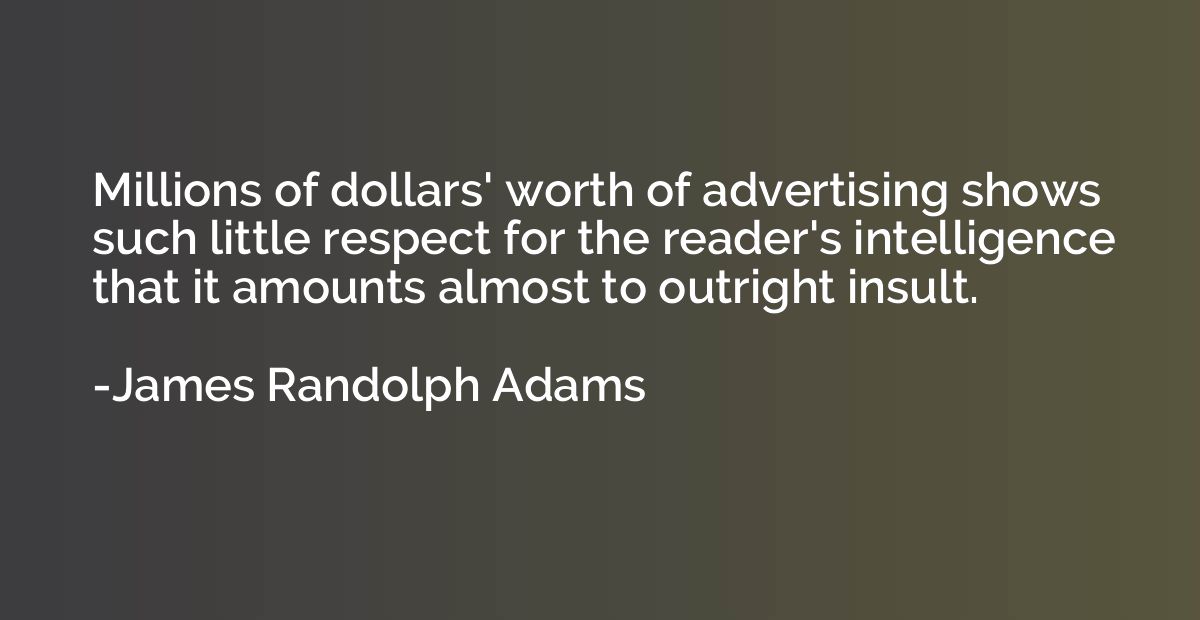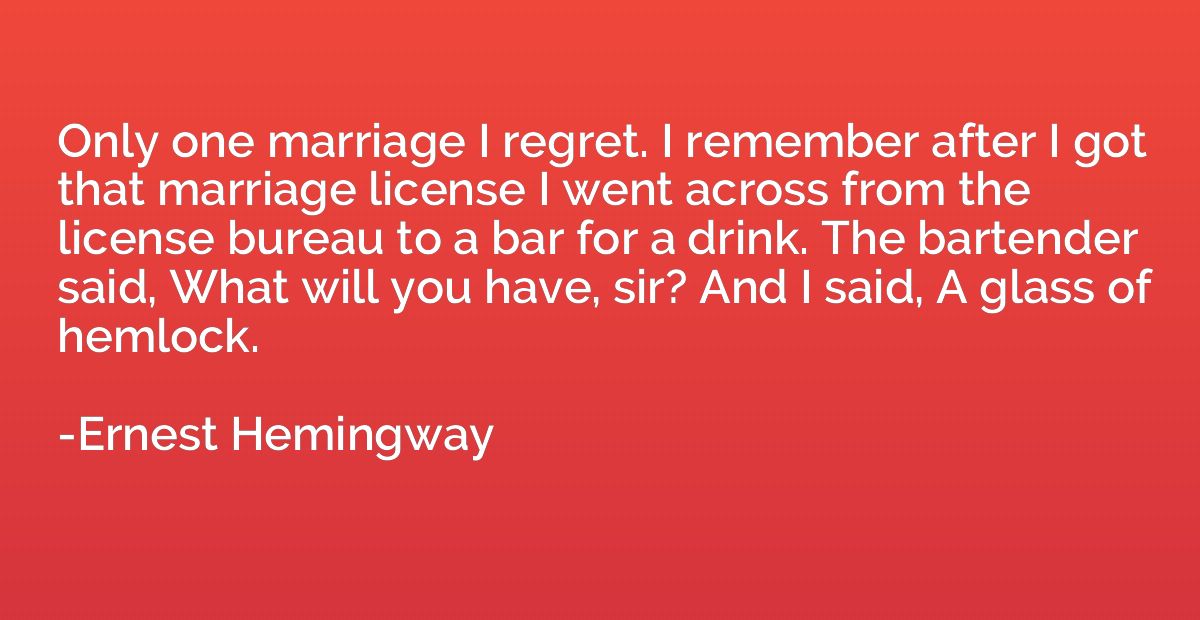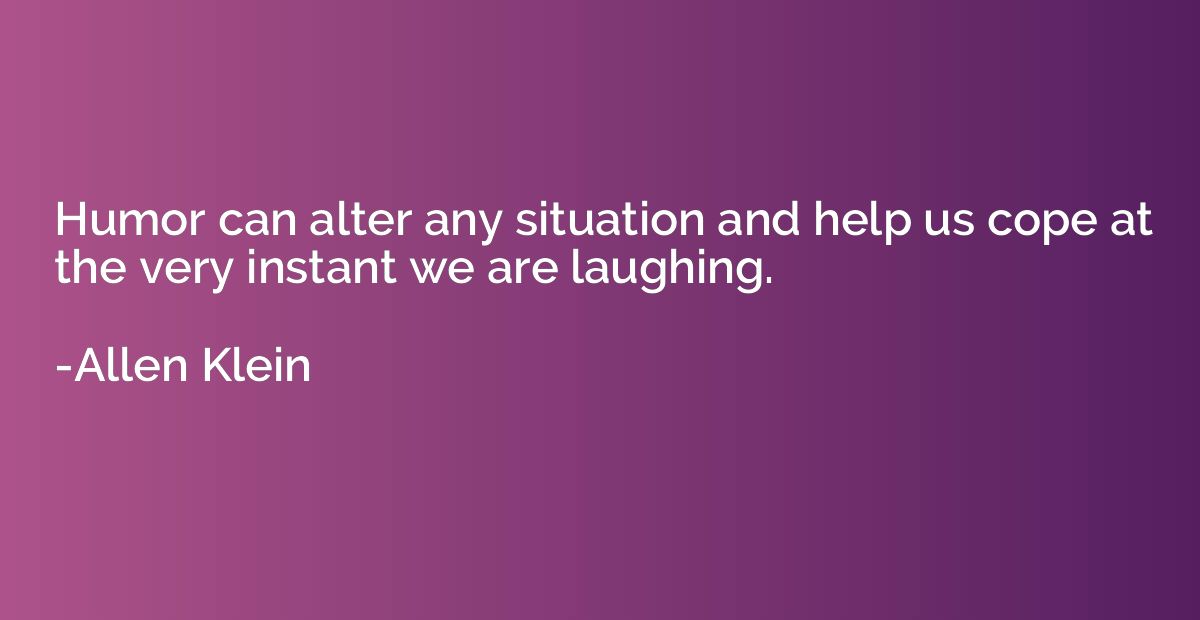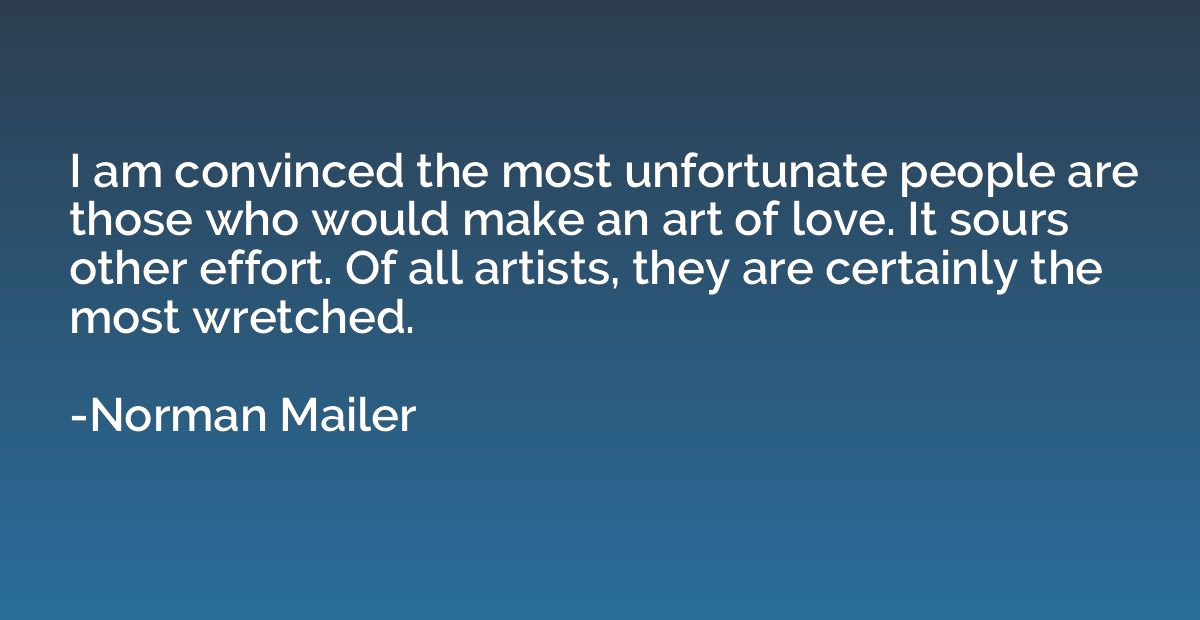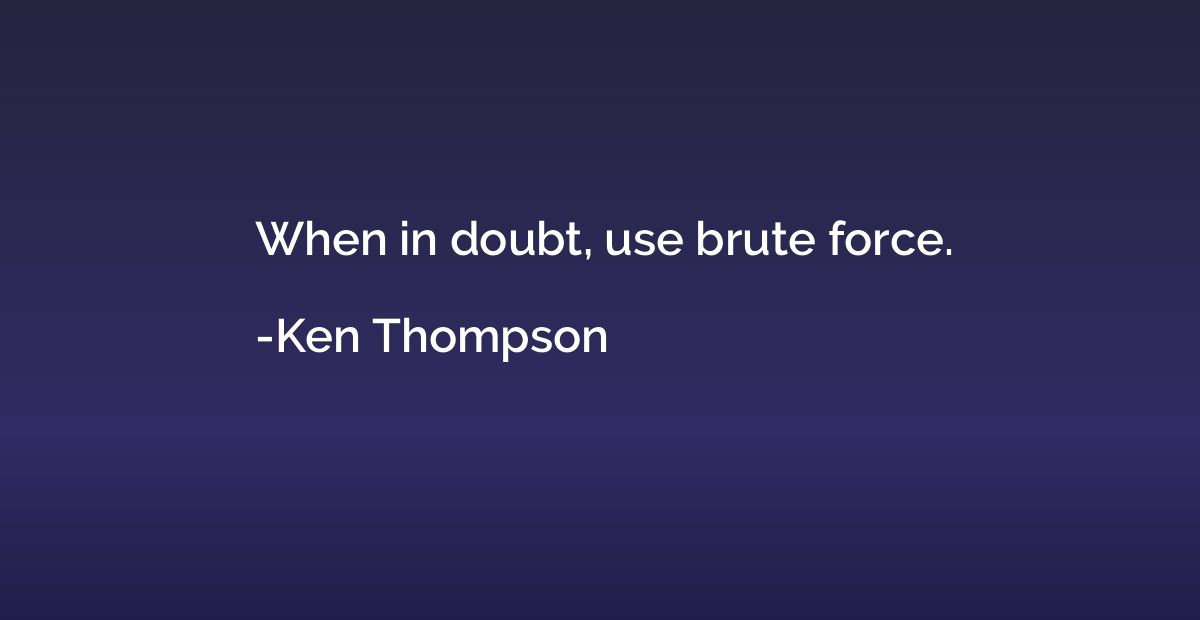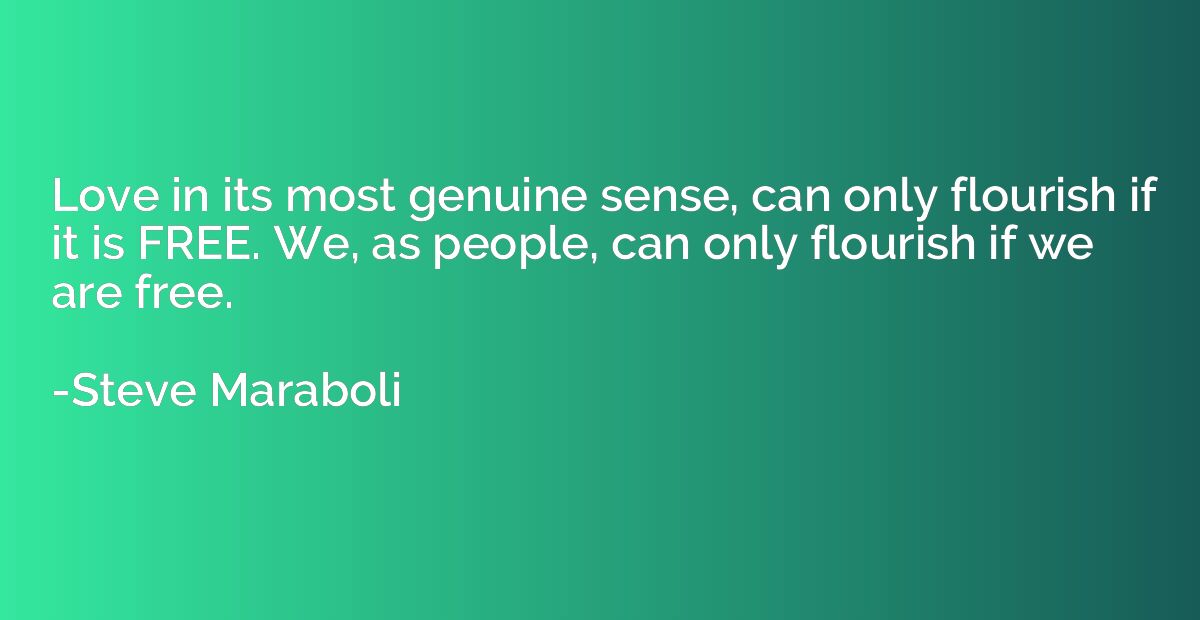Quote by Margaret Mead
Each home has been reduced to the bare essentials -- to barer essentials than most primitive people would consider possible. Only one woman's hands to feed the baby, answer the telephone, turn off the gas under the pot that is boiling over, soothe the older child who has broken a toy, and open both doors at once. She is a nutritionist, a child psychologist, an engineer, a production manager, an expert buyer, all in one. Her husband sees her as free to plan her own time, and envies her; she sees him as having regular hours and envies him.
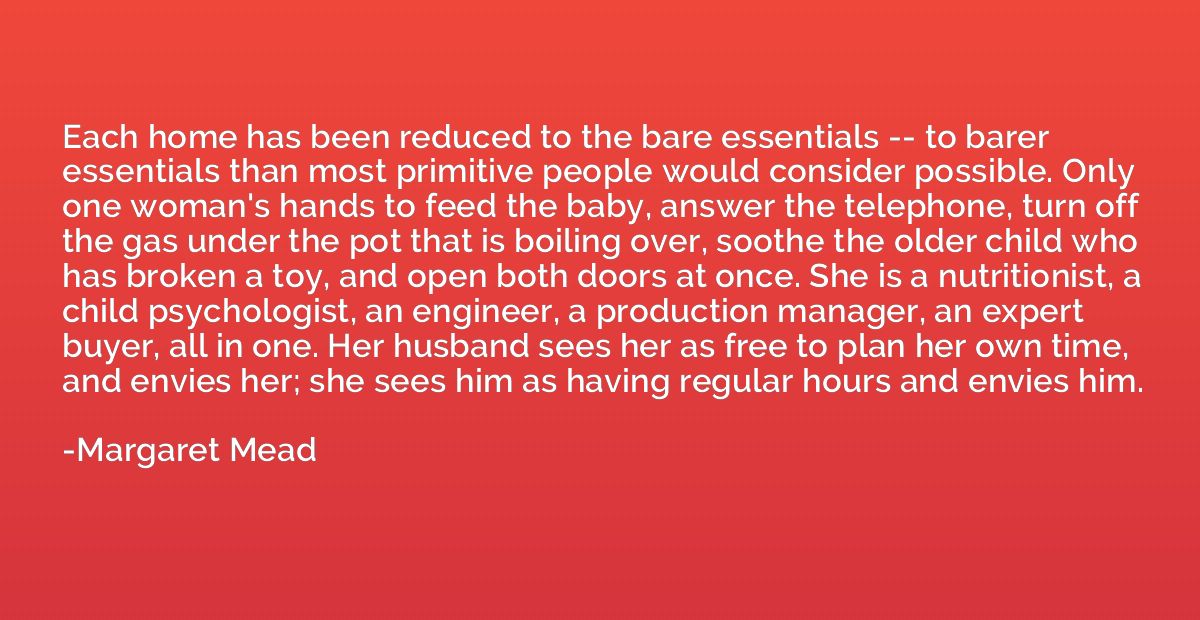
Summary
This quote highlights the immense responsibilities and roles that women juggle within the household. It highlights the contrast between the perception of freedom and envy for women and men. The woman depicted here is depicted as a multi-faceted figure who is expected to manage various tasks simultaneously. It sheds light on the pressure women face to fulfill multiple roles, often taken for granted, while also showcasing how societal expectations may differ in terms of freedom and fulfillment between genders in the domestic sphere.



